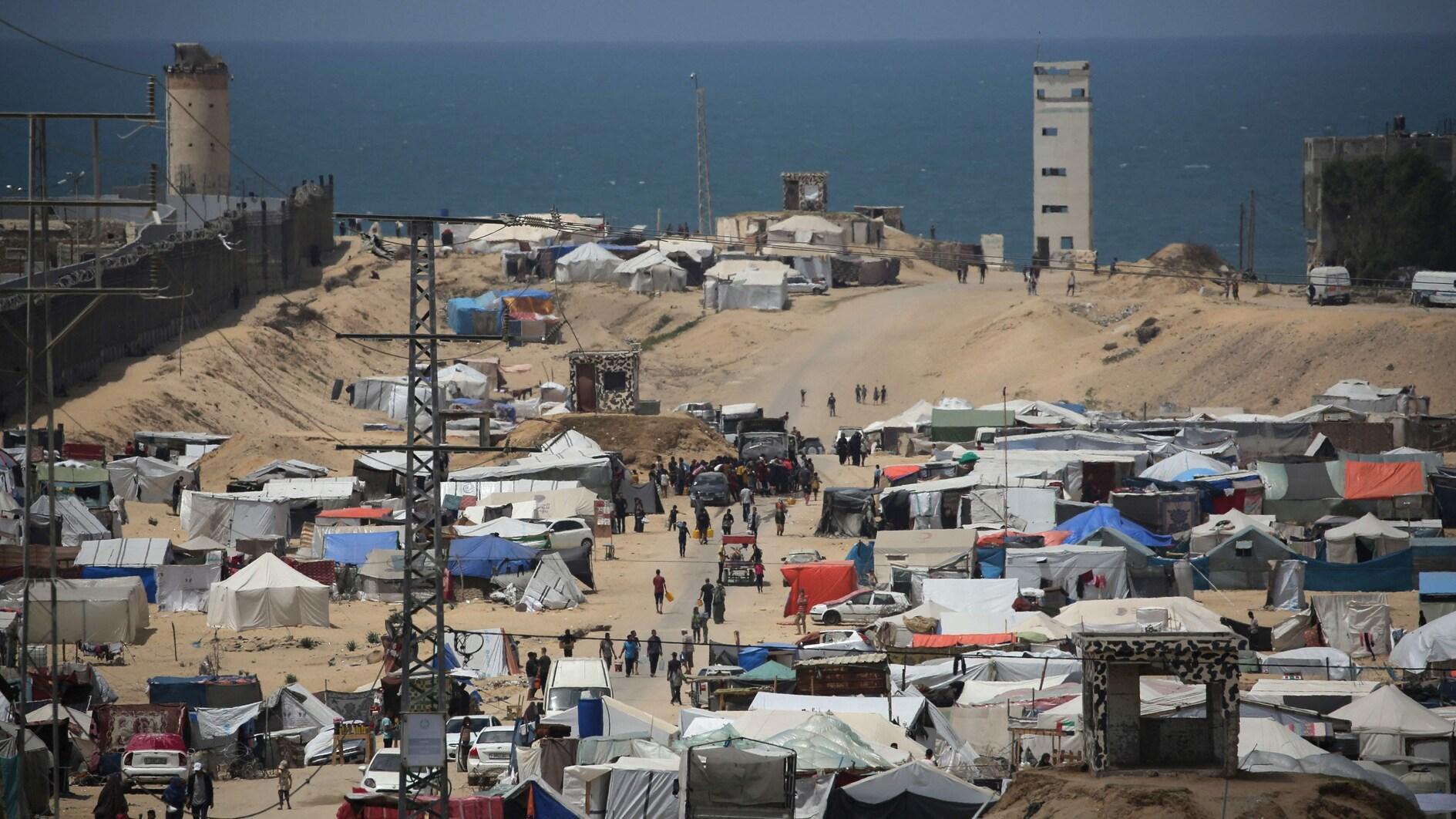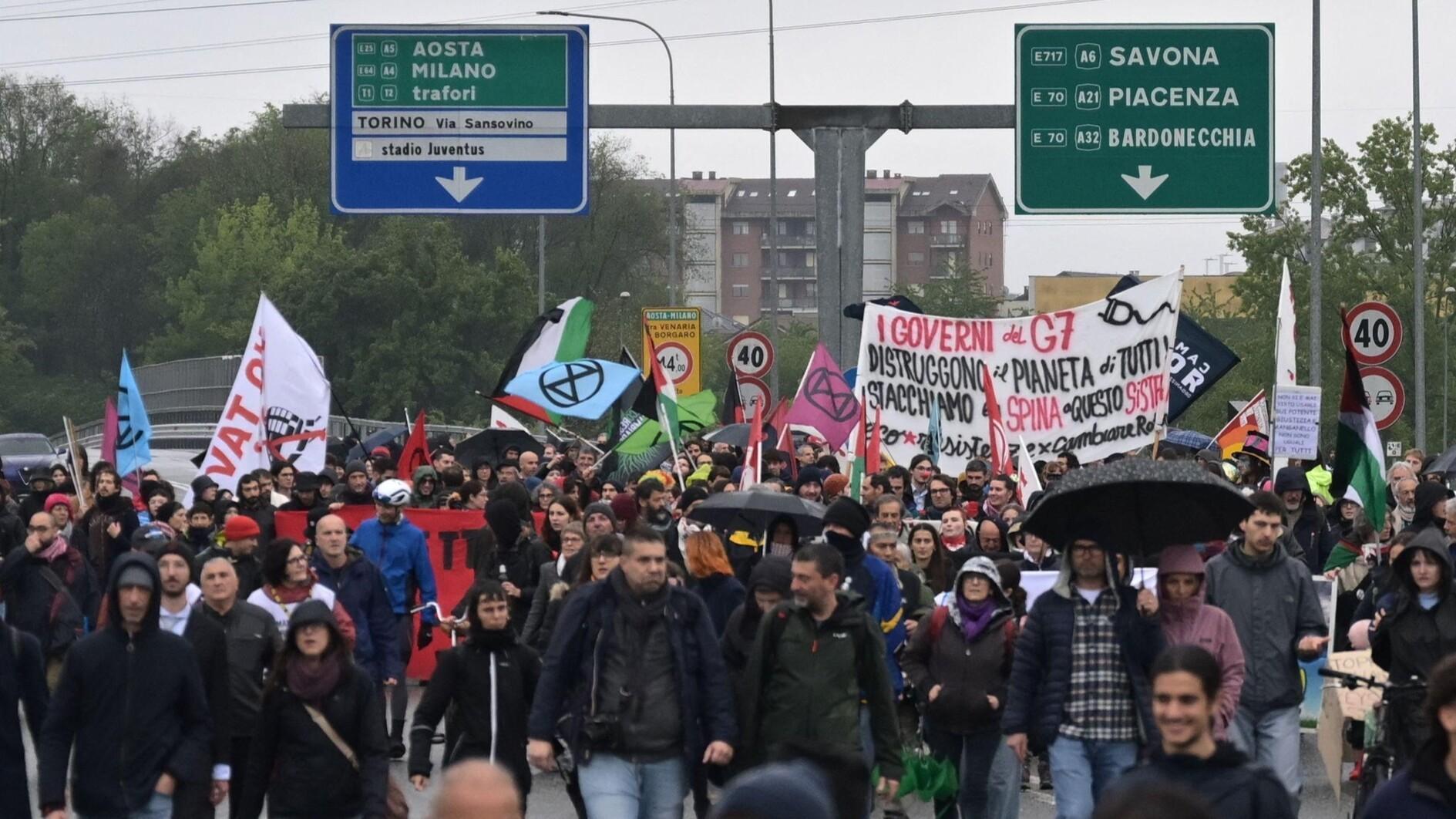The Paris Protocol is bad economics for Palestine
I had a déjà vu experience in Ramallah last Monday. It was like old intifada times. Slogans being chanted, burning tires placed over large rocks blocking cars, children throwing stones again. There was, however, an important difference. The demonstrations were not about Palestinian resistance to Israeli occupation but about the policy of the prime minister of the Palestinian Authority, Dr. Salam Fayyad. People are demonstrating against recent price hikes due to the Israeli government’s decision to raise the value added tax on certain items. The measure was taken as a way to control Israel’s budget, but it’s the Palestinians who feel its impact. Why? Because of the 1994 Paris Protocol between Israelis and Palestinians. Let me tell you why the protocol is bad for Palestinian economic policymaking.
The Paris Protocols were meant to be a step towards the two-state solution. Hence the objective was to separate the whole into two. It’s useful to compare this to the European Union agreements, which were signed to unite many into one. The European crisis shows that centralized fiscal policy is good for budget discipline, but it is still resisted in many countries. Many see it as a breach of their sovereignty, a restriction on economic and social policy decisions. The recent Palestinian crisis shows that centralized fiscal policy is a breach of sovereignty, that it is bad for economic and social policy at the national level and definitely bad for the capacity to tackle regional disparities. There is no regional disparity greater than that between Palestine and Israel. West Jerusalem’s $35,000 per capita income stands in sharp contrast to $5,000 in East Jerusalem and $1,500 in Ramallah. Doesn’t sound sustainable, does it? And guess which population is growing faster?
Let me explain the current situation: 78 percent of Palestinian imports come from Israel. The same goes for their exports, and Palestine currently has a trade deficit of $3.4 billion, around one third of its GDP. Those numbers make sense if you take a look at Israeli movement and access restrictions. Anyone who has traveled from one West Bank city to another knows that travel time can vary arbitrarily, depending on the daily decisions of the Israeli military occupation. When you are trying to get something into Palestine, you either have to pay import duties or Israeli domestic taxes. Who decides on these? The Israeli government does, and their decisions have led to the recent price hikes in Palestine. Taking a broader view, the fault lies in the design of the Paris Protocol for Economic Relations between Israel and the Palestinian Authority. Yet the demonstrations are against Fayyad himself. Fayyad, in return, has taken the price increases back. Again, hardly sustainable.
The Paris Protocol envisages a tax envelope over Israel and Palestine. This means that taxes are the same across both territories, which is supposed to keep all of the trade from flowing to the more efficient Israeli economy. The machine therefore has the right economic function, but only a one-man cockpit, and guess who is sitting in it. As Mr. Fayyad puts it, “the protocol does not allow Palestinians to promote their economy.” There is a flaw in its design.











